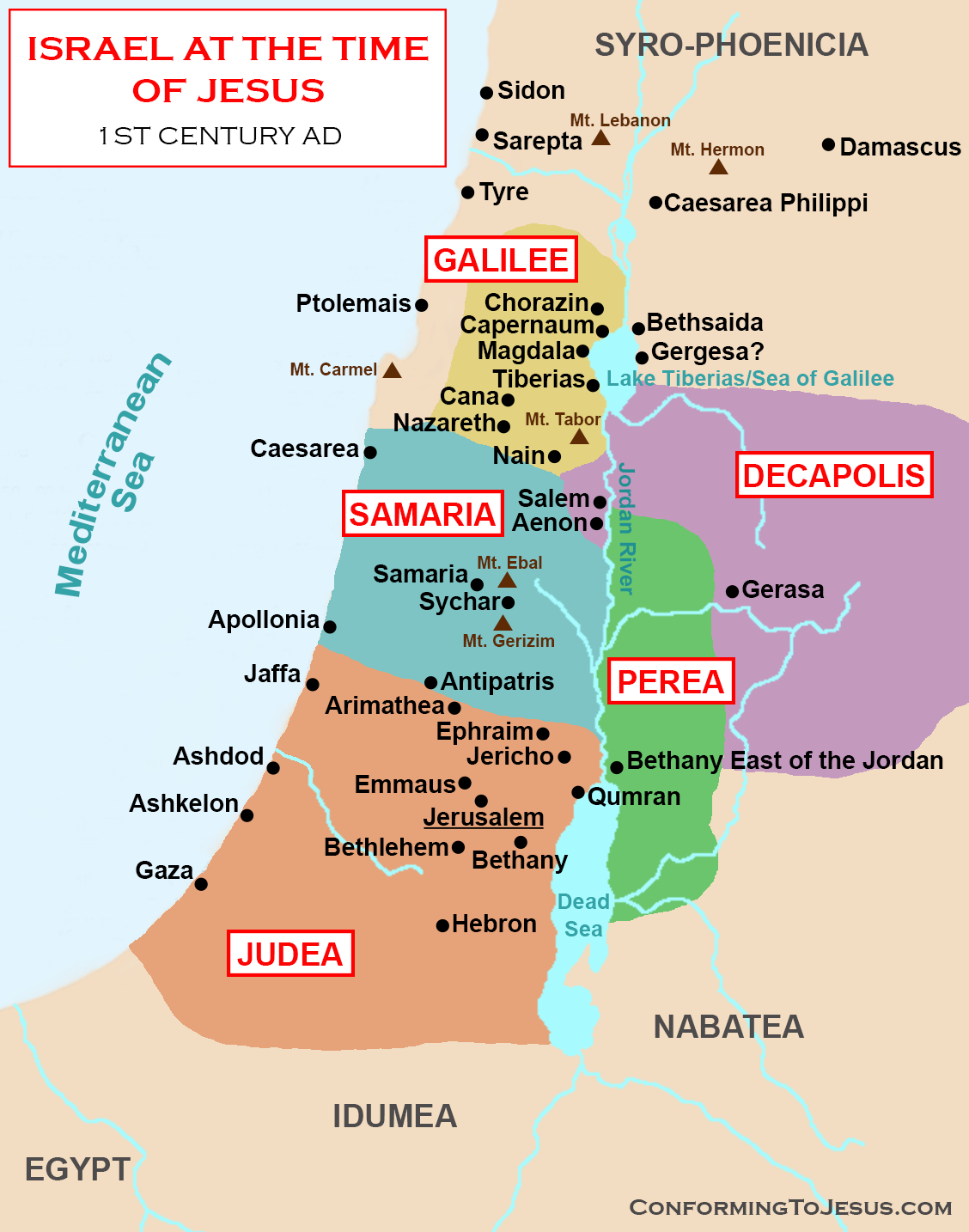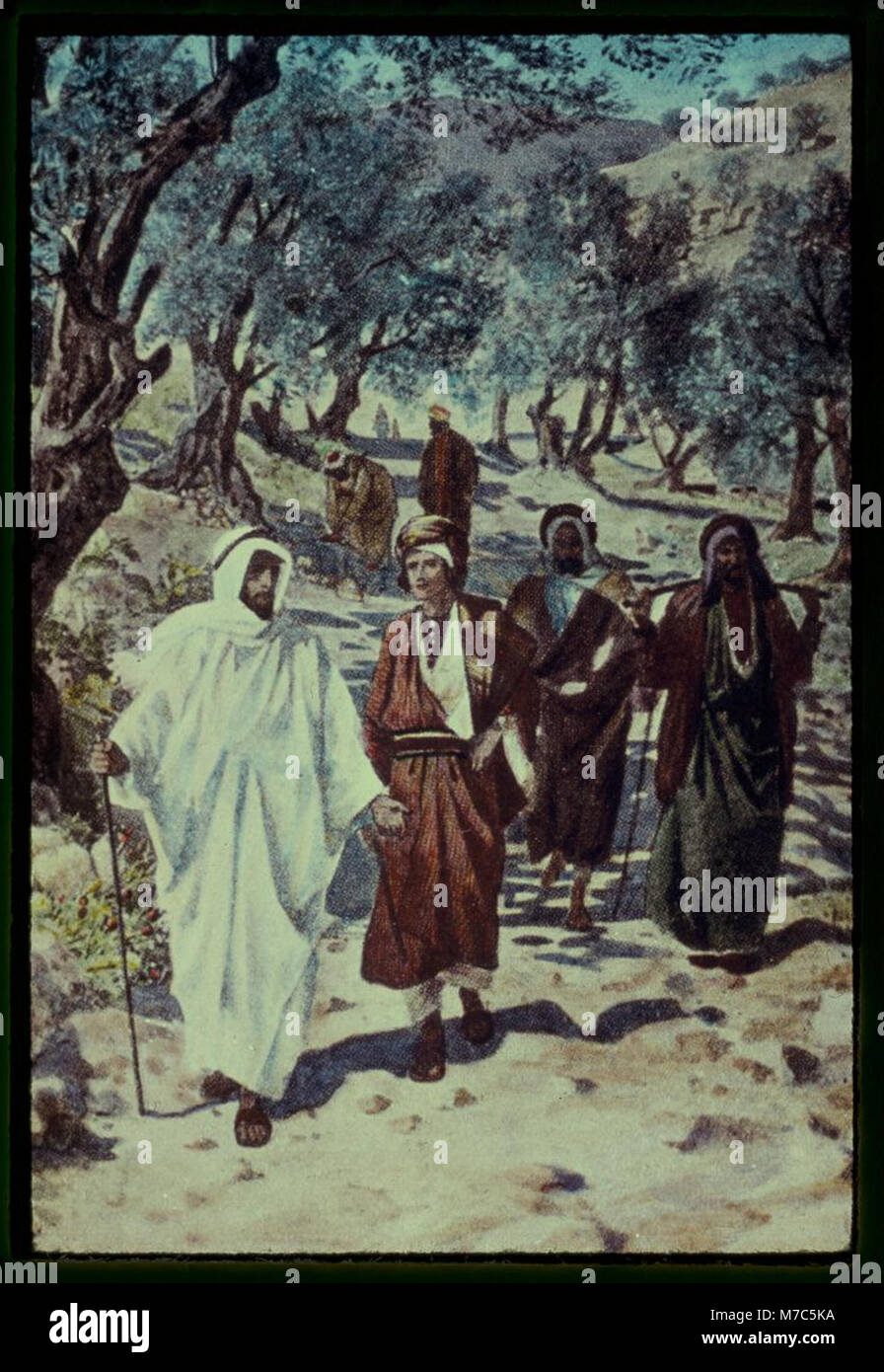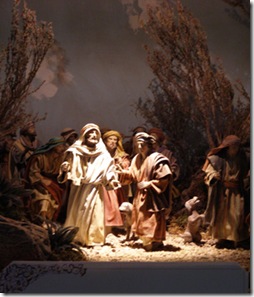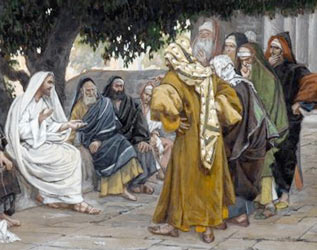John 7:1. “After these things Jesus walked in Galilee: for He would not walk in Jewry, because the Jews sought to kill Him.”

“He came unto His own, and His own received Him not,” (John 1:11).
Jesus did not leave Judea because He was afraid. He left because there was much more for Him to accomplish. It was not the Father’s time for Jesus to lay down His life.

It helps me to look at simple maps in the time of Christ, to get it straight in my mind exactly where His travels took Him. He covered a lot of ground in the three years of His public ministry, reaching as many people as possible.
But weren’t there Jews in Galilee? Yes, of course. Remember that Jesus’ confrontation with the Jewish leaders was in the synagogue in Capernaum, in Galilee. The difference is that they were geographically removed from the influence of the religious leaders in Jerusalem, who rarely bothered themselves to travel to the small towns of Galilee. The people were, therefore, more approachable and open to what Jesus had to offer. And it was His home territory, where His family lived, where He had grown up and worked with Joseph. Even though some of the people there thought He was “beside Himself,” out of His mind, they held no ill will toward Him. It’s true that He was born in Bethlehem, a short day’s walk from Jerusalem, but He didn’t stay there long when the warning came to Joseph in a dream that Herod was going to destroy Jesus if he could find Him.
Jesus grew up in Nazareth, a little no-account village that was a good hiding place for Him. In John 1:46, Nathanael and Philip were talking about Jesus, and Nathanael asked, “Can any good thing come from Nazareth?” His question reflected the attitude of most people of that time. Nazareth was considered a good place to be (away) from.




 As Jesus traveled nearer to Judea and Jerusalem, His activities didn’t change much. Crowds of people followed Him, and He healed them. And, as always, there were Pharisees who followed His progress, seeking ways to accuse Him and discredit His authority. This time, they used the sacred insititution of marriage to try to trip Him up.
As Jesus traveled nearer to Judea and Jerusalem, His activities didn’t change much. Crowds of people followed Him, and He healed them. And, as always, there were Pharisees who followed His progress, seeking ways to accuse Him and discredit His authority. This time, they used the sacred insititution of marriage to try to trip Him up. 
